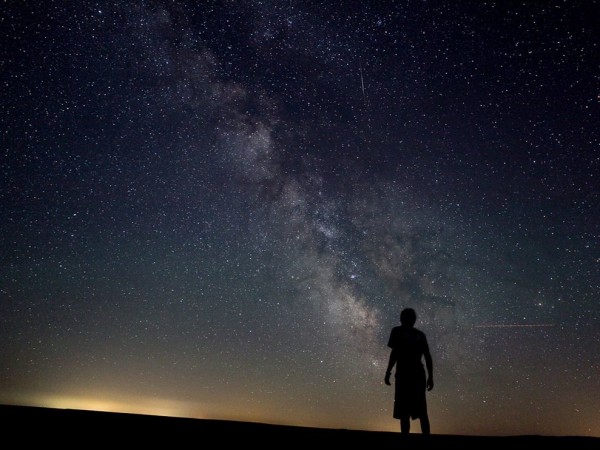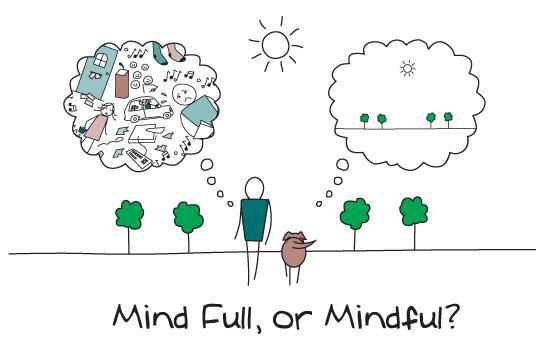David Cain — once again — delivers The Most Interesting Thing I’ve Read Today. From his interview with The Man:
“Do you know how people with hoards of money get to have those hoards of money? They make some money, and then they don’t spend it all. They keep some each time it comes in, and they use it to make more come in next time. That’s how power is accumulated. Instead of accumulating power, most of my employees accumulate objects in their homes, or they just burn the money as it comes in, on booze and expensive sandwiches. What I see is people setting up their lives such that they become dependent on powerful people like me, which is exactly the opposite of how one ought to build wealth. That’s why I’m The Man and they work for The Man.”
And how did The Man deal with rock and roll’s threat to The Establishment?
“I killed John Lennon. I bought MTV. And, thank God, Bob Dylan went and found Jesus.”
And one more…
“People in the US, more than anywhere else, respond to personal inadequacy by buying stuff or trying to get in a better position to buy stuff later. This is great, because buying stuff eventually creates disappointment, which creates more buying.”



 While watching
While watching